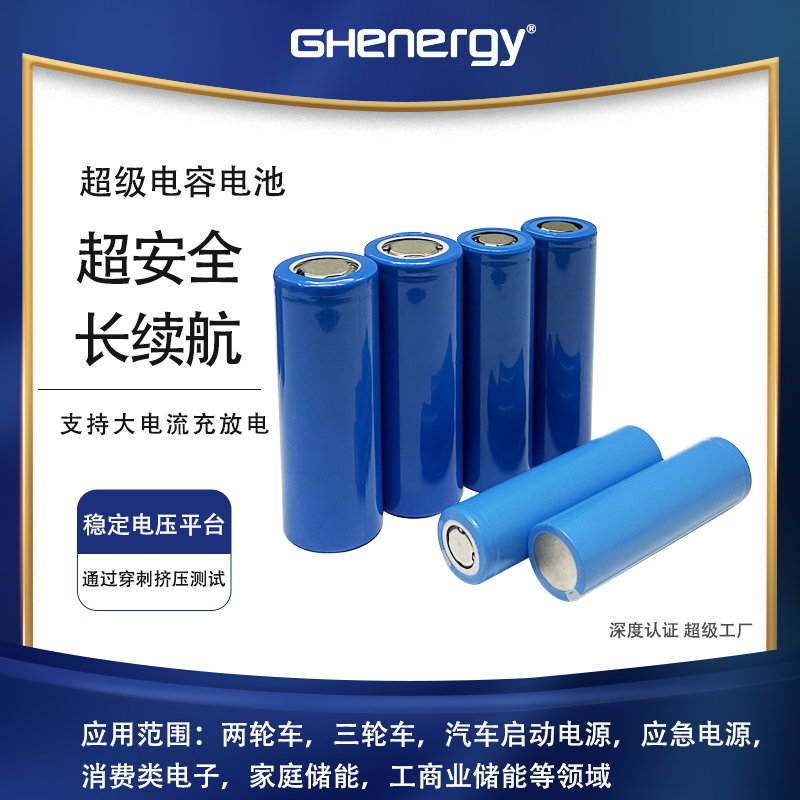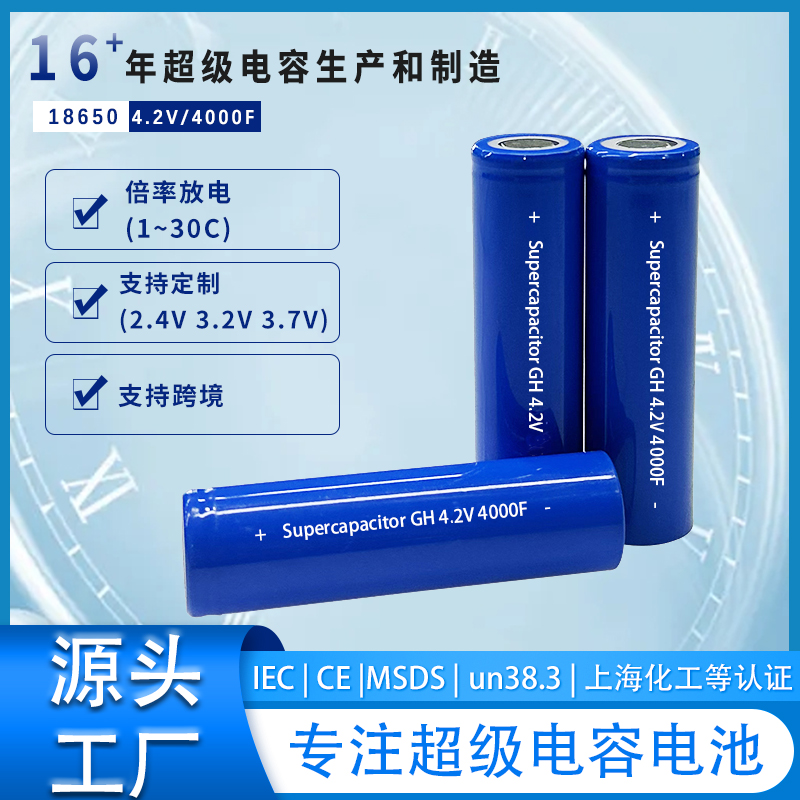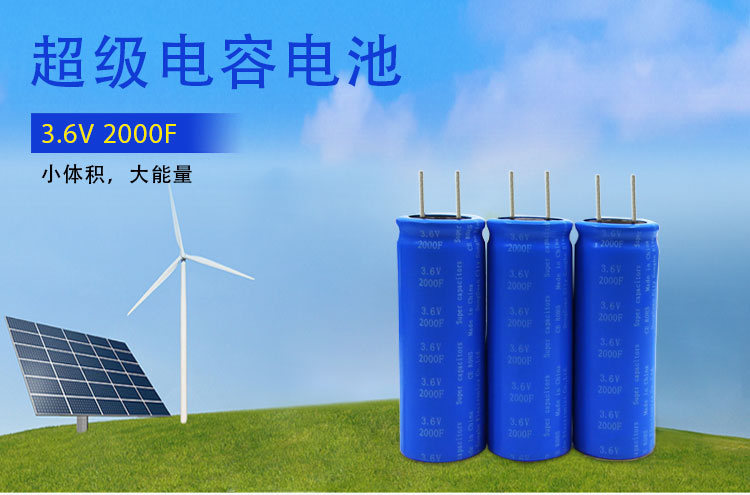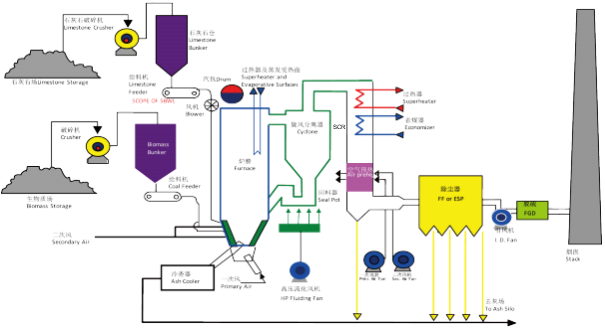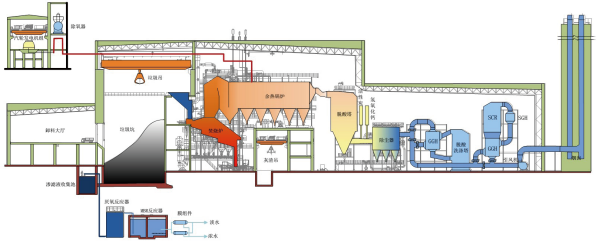Wedoany.com Report-Nov 18, Delegates will meet soon in South Korea in their last scheduled gathering to get a grip on plastic pollution, with health and the environment on the line.
Two years in, delegates from more than 175 countries working to craft a global plastics pollution treaty remain widely divided. Whether an agreement emerges from a final scheduled round of negotiations this month is anyone’s guess.
The current 70-page draft contains over 3,000 disputed words or sentences—an unworkable text with just a week of formal talks remaining.
As a workaround, Ecuador Ambassador Luis Vayas Valdivieso, who will chair the upcoming United Nations meeting to be held from Nov. 25 to Dec. 1 in Busan, South Korea, has developed a shorter, streamlined draft called a “non-paper” because of its unofficial status. It leaves key treaty provisions without suggested text. And there is no assurance that delegates will be able to reach the consensus needed to even agree to resume their talks in Busan based on that document instead of the more unwieldy one.
Adding to the uncertainty of the meeting, dubbed “INC5” because it’s the fifth gathering of the intergovernmental negotiating committee, is how the Biden administration and other countries will react to Donald Trump’s impending return to the White House. Plastics are made from fossil fuels, which Trump enthusiastically supports.
While environmental advocates have complained that the Biden administration’s “low ambition” has hindered negotiations for a strong plastics treaty since they began in December 2022, the State Department has sent recent signals that it intends to take a more aggressive posture toward the problem of plastic pollution, including a willingness to accept provisions that could reduce plastic production.
Environmental advocates are urging the Biden administration to seize on that sentiment and work for the strongest treaty possible and not worry about how a future Trump administration might respond, or how long it might take to secure treaty approval by the necessary two-thirds of the Senate—often an iffy prospect in the United States.
Their thinking is that the U.S., the world’s largest producer of plastic waste and among its top plastic makers, could be persuaded or pressured to join a strong plastics treaty in the future, should voters someday elect a more amenable president and Senate. But if the outcome is a weak treaty, the diplomatic work that began a decade ago to curb plastic waste will end up in failure, they fear.
In that circumstance, the world “will be left with a meaningless treaty that would satisfy Russia and Saudi Arabia—that is, a treaty that would enrich petrochemical companies and do nothing to address the plastic pollution crisis,” said Daniela Duran Gonzalez, a senior legal campaigner with the Center for International Environmental Law, an environmental group.
In a world choking on plastic waste, the UN has described plastics as part of a triple planetary threat of climate change, biodiversity loss and pollution. It cripples and kills marine life. And when plastic, which is made with various toxic chemicals, breaks down into the smallest of microscopic pieces, these micro- or nano-plastics get into human bodies, where they have been found in blood, brains and placenta.
The microplastics carry chemicals that can harm human health, potentially affecting fertility and biological systems that regulate our hormones, metabolism and brain activity.
Some 40 percent of plastic products are used once and tossed.
CIEL and other groups, including Greenpeace, the Center for Biological Diversity, The Descendants Project and Fenceline Watch, are calling for treaty language that would put restrictions on the global trade of plastics for countries that are not a party to the agreement. That could hurt the bottom line of U.S. plastics producers, providing an economic incentive for U.S. participation, they argue.
“We encourage the United States negotiating team to recall their responsibility to protect human health, the climate and human rights, and leave everything on the field in Busan,” Gonzalez said. “We urge them to stay firm to their commitments to reduce plastic production to deliver a better future for us all.”

